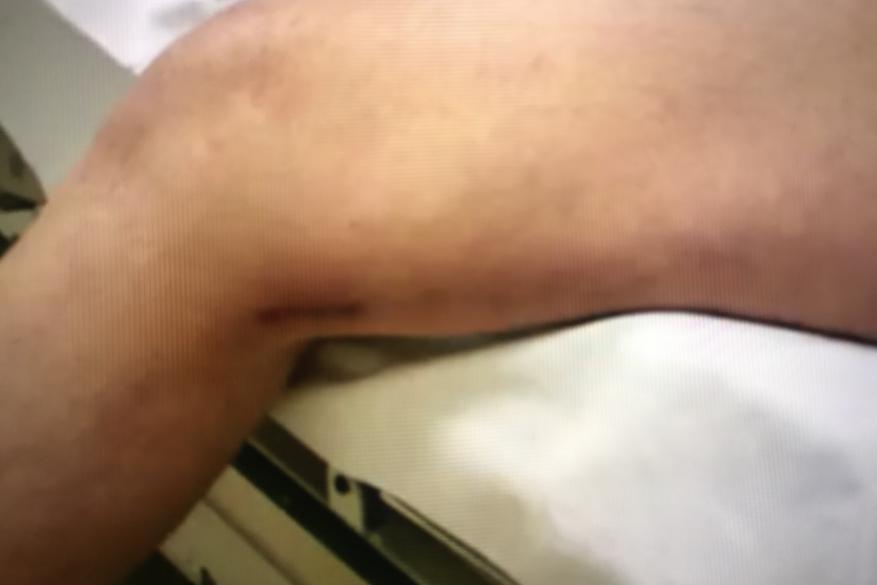
Traditionally, veins are removed from a patient's leg which involves long incisions from ankle to groin. Since 2008 Mr Zacharias was one of the first surgeons in the UK to pioneer an endoscopic (key hole) vein harvesting technique which reduces both pain and post operative infection risk. Feedback from patients also highlights the cosmetic benefits. Compared to the traditional incision which can be in excess of 40 cm, the endoscopic approach involves a 2-3cm cut in the leg/s. Early adoption of this technique enabled Mr Zacharias and his team to gain extensive experience and they routinely offer this for coronary artery bypass grafting.
A recent randomised control trial, in addition to 10 year results in Blackpool, have shown that patients who underwent endoscopic vein harvesting have no reduction in life span or increase in heart attacks during their follow-up period. Mr Zacharias continues to be invovled in teaching about endoscopic vein harvesting and helping others to develop their skills in this approach that is now widely adopted as a safe, patient-centred method.
An alternative approach for patients with a life expectancy of over 10-15 years, involves using arterial bypass grafts with the expectation that these will last longer. Mr Zacharias has been using bilateral arterial bypass grafts for suitable patients from 2004 and if you are referred for coronary artery bypass grafting surgery and there are no potential contraindications, he is likely to discuss this option with you. Mr Zacharias has been an early proponent of using a single clamp technique which gives excellent results and is a good training option.
If you wish to be considered for either endoscopic vein harvesting or bilateral mamary artery grafting please contact us and we can discuss your potential suitability.
